The 75th anniversary of India’s freedom remains a milestone in the life of this nation. Collectively, the laurel for India is manifold but so are the fault lines. One such fault line is the reluctance to accept, appreciate and enshrine our own indigenous culture. India technically became free in 1947 but the stigma of the colonial imperial regime still remains deep within the collective psyche of our nation. Be it economic, social, and political, or technical; almost in all aspects India seems to be aping or is forced to follow the west.
Take for example the issue of social media. Many times giant big tech companies like Twitter have blatantly violated the law of the land. Despite repeated notices sent by the Government, Twitter has failed to comply with the Indian IT law and keeps pushing its designed narrative under the excuse of algorithms & artificial intelligence. The Information Technology (IT) Act, 2000 governs all activities related to the use of computer resources in India. Section 69A of this Act empowers the Government to ask any agency of the government or any intermediary to block access to the public regarding any information generated, transmitted, received or stored or hosted on any computer resource. Last year in January, the Indian Government asked Twitter to block some 250 accounts that were found to engage in promoting rumors and thus posing a threat to public order. Twitter first blocked these accounts but soon unblocked them too, contending that it found no violation of the company’s policy. Twitter ignored Government’s directives and did not comply with removal requests, despite the legal standing of the laws invoked by the Government. This amounts to the dilution of Indian sovereignty by undermining the elected government. It’s the Government that represents the will of the people and not Twitter. The social media giant has been at loggerheads with the constitutional rights in India. The high-headed approach of Twitter also threatens India’s Data sovereignty which provides for the protection of an individual’s personal data in digital form on the cloud from any misuse. Data sovereignty demands an individual’s data that’s stored in cloud binary digital form must be kept within the country in which that particular individual resides and must be regulated by the laws of that very country.
The inflow of foreign capital and products is a result of India adopting the New Economic Policies in 1991 and accepting a more liberalised approach to drive its economy. The process of globalisation now seems to be an irreversible one, where multiple foreign countries have made a deep impact on the Indian market. Globalisation necessarily implies a free outflow of goods, services, and ideas. However, in the case of India, it’s been rather opposite where the western narrative has dominated the Indian narrative. The ongoing Russia-Ukraine crisis and the resultant energy crisis in Europe is a case in point. European Union (EU) is drilling oil and has gone to the extent of declaring natural gas as green energy. The same EU keeps lecturing India on green energy and renewables. At times, India is forced to accept their dictatorial diktats on renewables. This raises a question about our economic independence as well as sovereignty. This tells us the necessity to have indigenous companies serving us desi products and services. Undoubtedly, competition with the world's best would improve the quality of Indian companies but we should never be too dependent on foreign companies as the repercussion is always unfair.
The silver lining in the cloud is that several Indian companies are doing great. The likes of Tata, Reliance, Birla group, Patanjali, Adani etc. are to name a few. Likewise Indian social media platform Koo has also started its operations and many ministers of the Indian Government have moved to Koo because they were shadow banned or discriminated against by Twitter. India needs to respond and respond immediately to the social media giants. It seems inevitable that the Indian social media platforms would soon boast of numbers unseen by its foreign counterparts. We often take pride in our cultural ethos and all accommodating behaviour. High time, we start taking pride in our companies too. The best of the world can come from India and for this, we need to back our own firms. As we celebrate our glorious independence let’s take a pledge to promote indigenous products. Indian companies have all the potential to excel globally if they get support back home. The journey and dream of ‘Vishwaguru’ start from within.
Kanishk Shekhar is an educationalist & political analyst, he teaches aspirants preparing for the Civil services exams in leading institutes of India. He is also a book reviewer with a literary magazine.







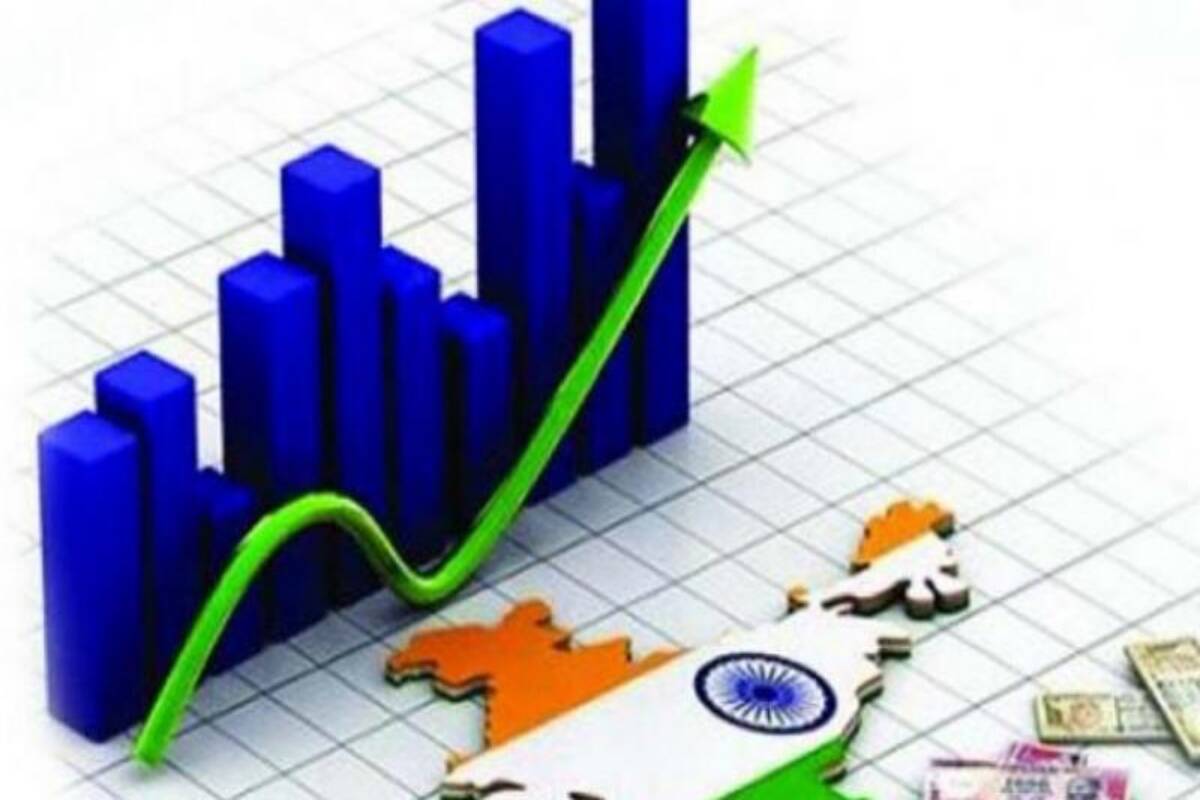
 OpinionExpress.In
OpinionExpress.In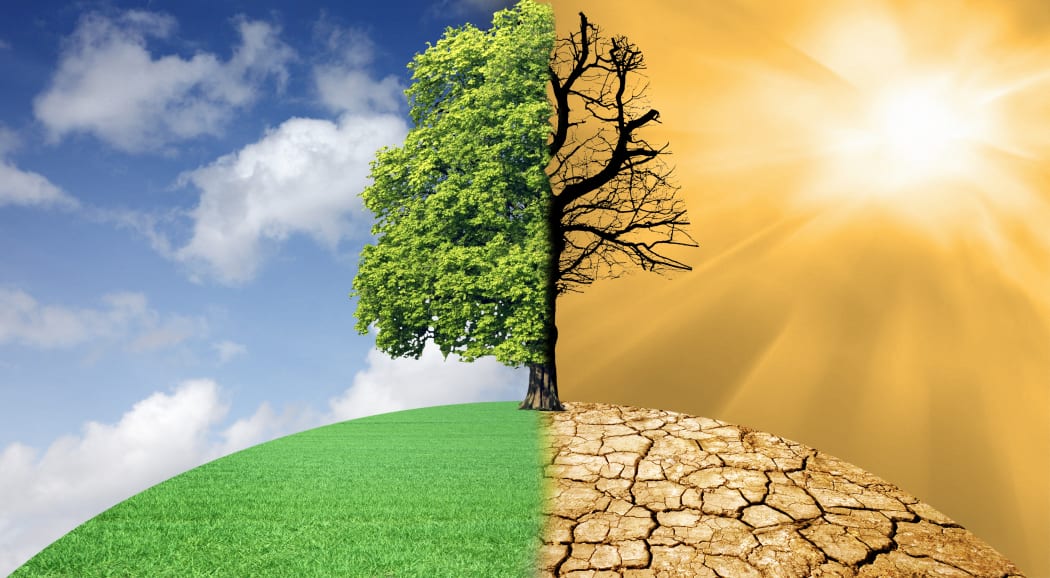
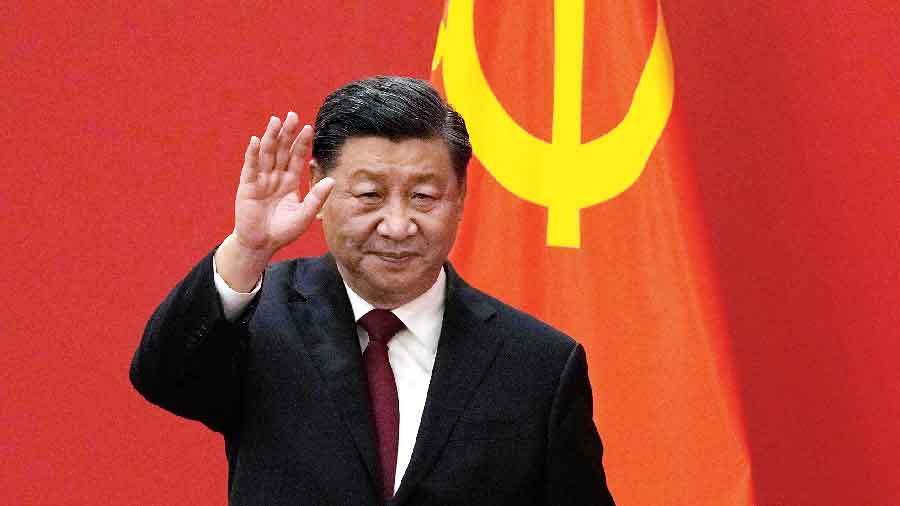





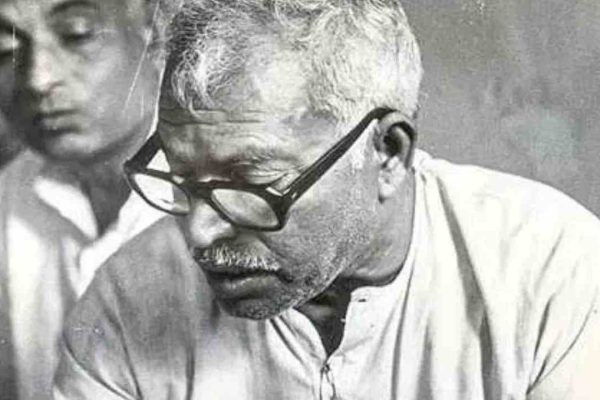
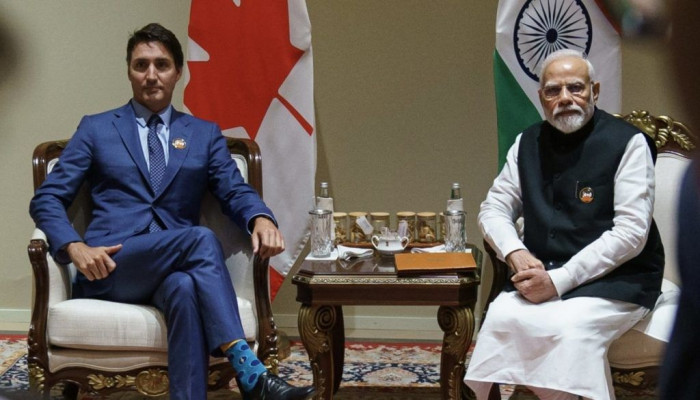
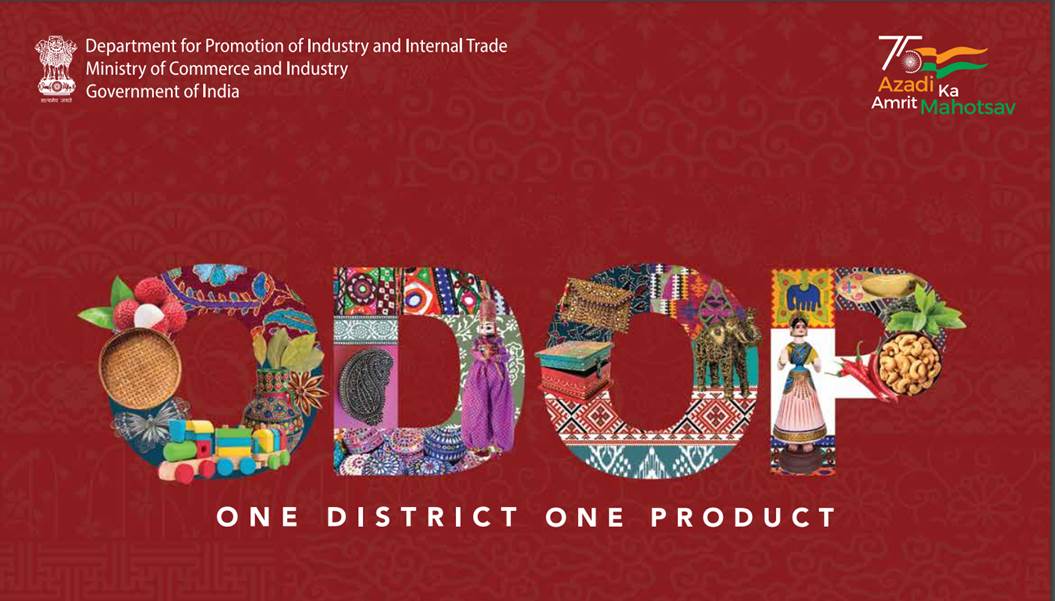






Comments (0)